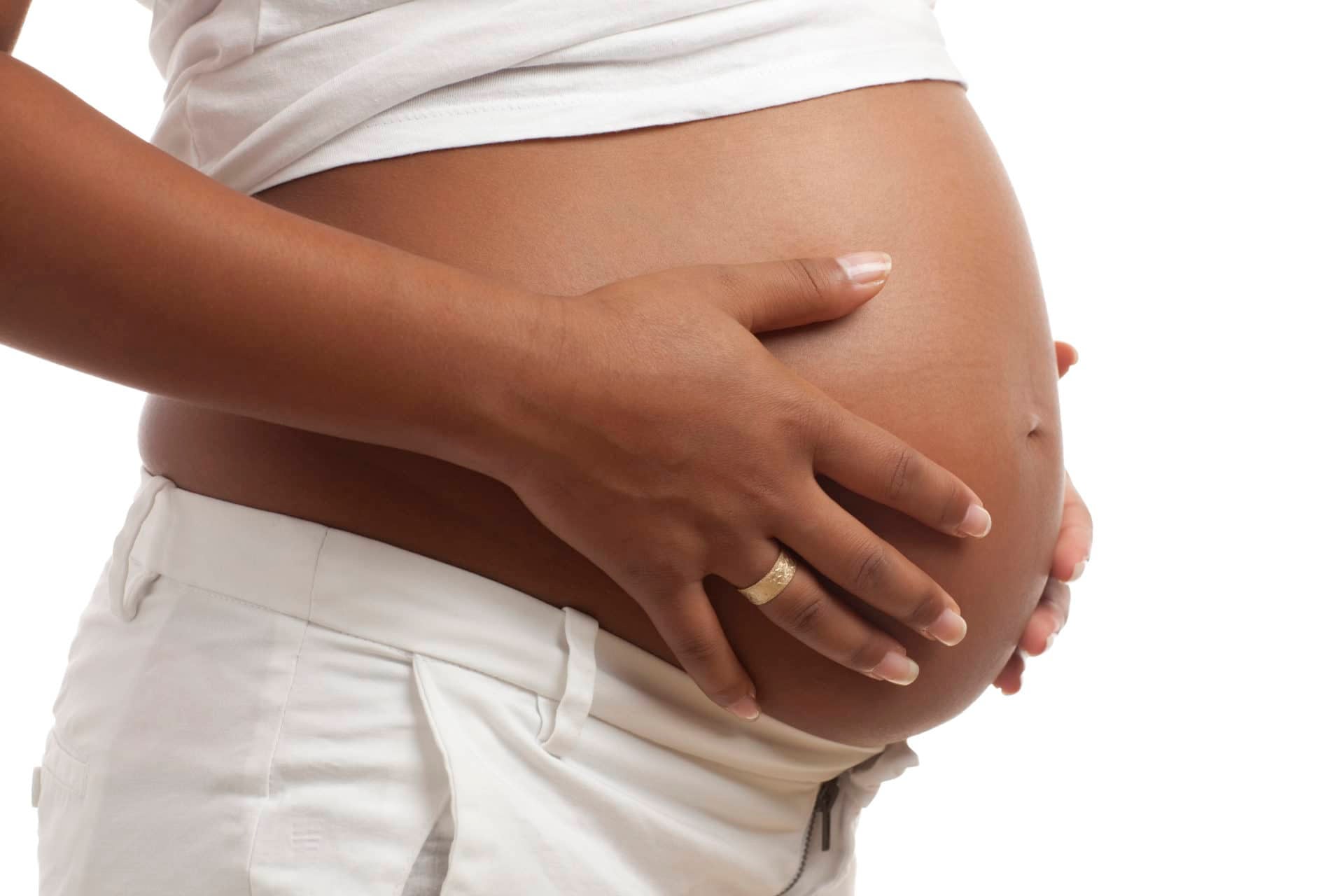
“I’m a veteran, I have to be married … But yet a male veteran’s wife can get IVF, but I can’t as a veteran. This doesn’t make sense to me,” Hackney told CBS News. “It’s taking away my life dream of being a mother.”
Sadly, marital status isn’t the only barrier to receiving IVF benefits. Qualifying veterans must also prove that a service-related health condition is what led to their infertility. They must also have a male spouse who can produce sperm and a female spouse who can produce eggs.Hackney said she did succumb to an illness while on active duty that affected her fertility, and that IVF treatment was recommended by a VA hospital doctor . Still, she was told she’d have to foot the bill. “I need to feel that love that only your child can give to you. I need to have a decent chance at that.”
Now that the financial responsibility of IVF is solely on her, Hackney has created a GoFundMe campaign to raise the $45,000 needed for the three full rounds of IVF. “Denied IVF treatment by the Department of Veterans Affairs because Mister Right hasn’t found me yet & made it official,” she writes in the campaign description. “I have waited for him to arrive and have searched for Mister Right. Now, I am running out of time = eggs.” Hackney also shared that if the treatment is successful in the first or second round, she will donate the remaining funds to another female veteran who is also “missing Mr. Right.”



